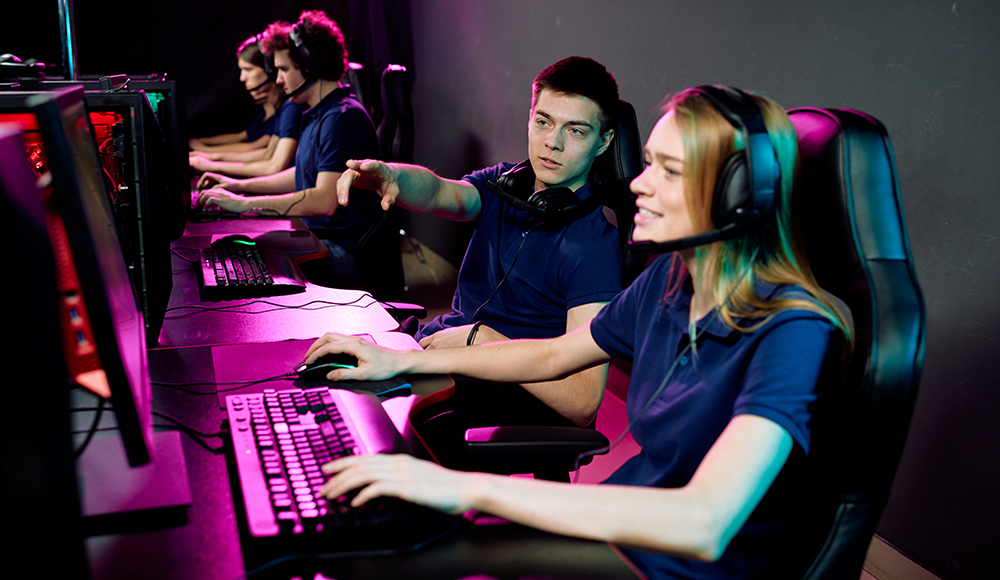Check out the strategies for Learning New Sports Skills Matters
Learning new sports skills can be both exciting and challenging, requiring a blend of strategic approaches and persistent effort. The foundation of acquiring a new sport skill lies in setting clear, achievable goals. These goals should be specific, measurable, and time-bound to provide direction and motivation. For instance, if you aim to improve your basketball shooting accuracy, a good goal might be to increase your shooting percentage by 10% within three months. This clarity helps in focusing your training efforts and tracking progress effectively. Another crucial strategy is to break down complex skills into smaller, manageable components. Instead of trying to master an entire technique all at once, focus on individual elements. In tennis, for example, you might first work on perfecting your grip and stance before moving on to the full swing. This incremental approach not only makes learning more manageable but also helps in building a strong foundation upon which to refine more advanced aspects. Incorporating deliberate practice is essential for skill development. Deliberate practice involves purposeful, focused, and repetitive training with the goal of improving performance.
 It requires sustained concentration and often involves pushing beyond your comfort zone. For instance, if you are learning a new swimming stroke, dedicate sessions to practicing that stroke exclusively while paying attention to technique and form. Feedback is another vital component of skill acquisition. Whether through self-assessment, coach input, or peer review, understanding your performance and areas for improvement is crucial. Recording and reviewing your practice sessions can also provide valuable insights. In sports like golf, using video analysis to assess your swing mechanics can help identify adjustments needed to enhance your technique. Maintaining a growth mindset is also important. This involves believing that abilities and skills can be developed through effort and persistence. Embracing challenges and learning from mistakes rather than viewing them as setbacks can lead to continuous improvement. For instance, if you struggle with a particular move in martial arts, viewing it as an opportunity to learn rather than a failure can keep you motivated and engaged.
It requires sustained concentration and often involves pushing beyond your comfort zone. For instance, if you are learning a new swimming stroke, dedicate sessions to practicing that stroke exclusively while paying attention to technique and form. Feedback is another vital component of skill acquisition. Whether through self-assessment, coach input, or peer review, understanding your performance and areas for improvement is crucial. Recording and reviewing your practice sessions can also provide valuable insights. In sports like golf, using video analysis to assess your swing mechanics can help identify adjustments needed to enhance your technique. Maintaining a growth mindset is also important. This involves believing that abilities and skills can be developed through effort and persistence. Embracing challenges and learning from mistakes rather than viewing them as setbacks can lead to continuous improvement. For instance, if you struggle with a particular move in martial arts, viewing it as an opportunity to learn rather than a failure can keep you motivated and engaged.
Consistent practice and physical conditioning play a significant role in skill development. Regular practice helps in reinforcing the motor skills and muscle memory required for the trxtoto sport. Additionally, engaging in strength and conditioning exercises tailored to the demands of the sport can improve overall performance and reduce the risk of injury. For example, soccer players often incorporate agility drills and strength training to enhance their on-field performance. Lastly, staying motivated and enjoying the learning process can make a significant difference. Balancing rigorous training with fun activities ensures that the learning process remains engaging and sustainable. In summary, learning new sports skills involves setting clear goals, breaking down skills into manageable parts, engaging in deliberate practice, seeking feedback, maintaining a growth mindset, conditioning physically, and staying motivated. By integrating these strategies, individuals can improve their proficiency in a new sport while also enjoying the journey of skill development.

